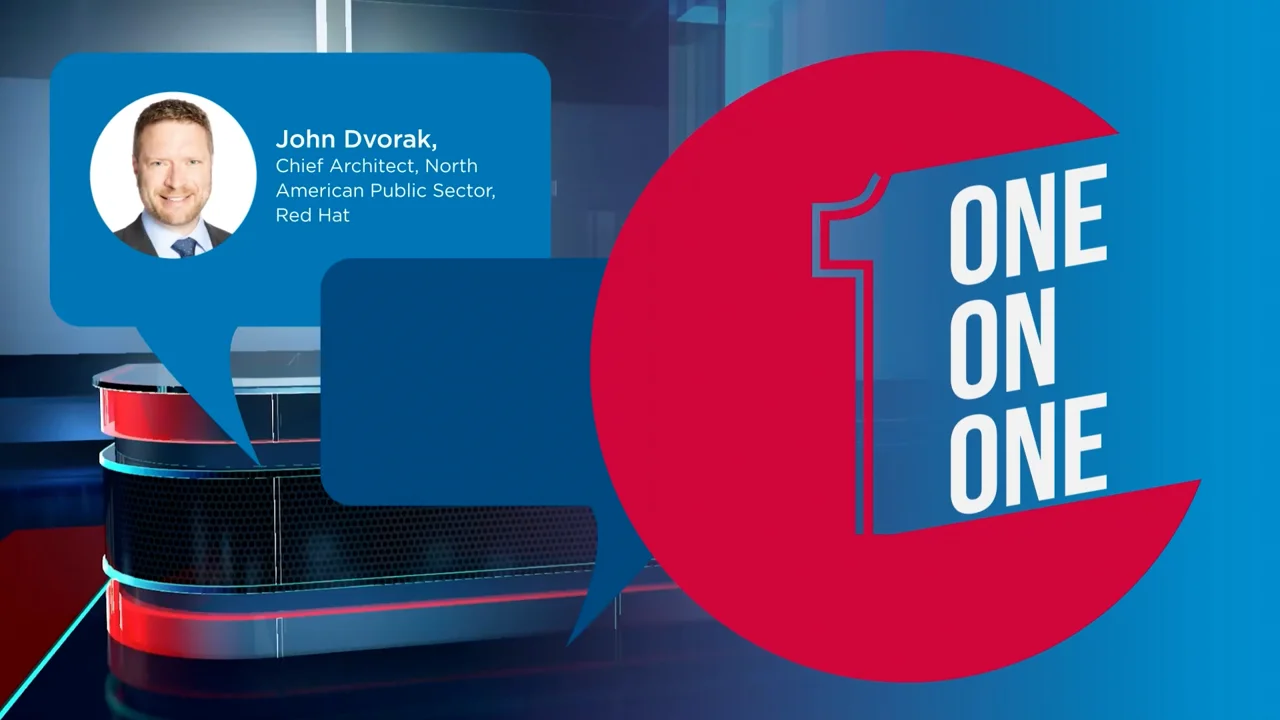
A new piece of legislation introduced in the Senate aims to update guidance for how Federal agencies go about providing specialized or technical services to state and local governments (SLGs). The bill would update existing guidance which was put in place in 1969.
Introduced by Sens. Gary Peters, D-Mich., Kyrsten Sinema, D-Ariz., and Steve Daines, R-Mont., the “Improving Intergovernmental Cooperation and Reducing Duplication Act” would rework the 52-year old rulebook with an aim to improve coordination between the different levels of government on services, and the systems used for delivery of services.
The bill’s sponsors said the measure would streamline efforts to deliver services to states, and emphasized the crucial role of the Federal government in deliver services to states during the coronavirus pandemic, including unemployment insurance and health benefit services.

The sponsors said the Federal government currently lacks a “strategic plan to coordinate with localities to administer and oversee important services – leading to state and local governments often acquiring wasteful, duplicative, or ineffective systems to carry out federal policies.”
“Local governments play a vital role in delivering the federal resources that communities in Michigan and across the country rely on each and every day, but often don’t have the necessary tools and resources to ensure these important benefits and services reach every American who needs them,” Sen. Peters said.
“This commonsense, bipartisan bill will increase cooperation between all levels of government to improve the ability of state and local governments to provide critical services more efficiently and save taxpayer dollars as they help carry out many federal programs.”
“It remains the policy of the United States government to rely on the private sector enterprise system to provide services reasonably and quickly through ordinary business channels,” the bill says.
“However, over the past half century, the substantial investment in unique, scalable, purposeful, and well-functioning government products and services, including those reliant on the private sector for support, has grown substantially and contributed to the successful delivery of important benefits, services, and programs to taxpayers while reducing waste, fraud, and abuse,” it says.
The bill would put in place a new strategic plan on intergovernmental cooperation from the Office of Management and Budget (OMB) and Office of Intergovernmental Affairs to ensure taxpayer dollars are spent reasonably, the lawmakers said.
Action items would be put in place for how the Federal government can strengthen Federal benefits delivery and services delivered by SLGs.
Additionally, the bill would require an annual report to the Senate Homeland Security and Governmental Affairs Committee and the House Oversight and Reform Committee on services given by agencies to SLGs, satisfaction measures, cost savings, and recommendations to reduce duplication and improve service delivery.
